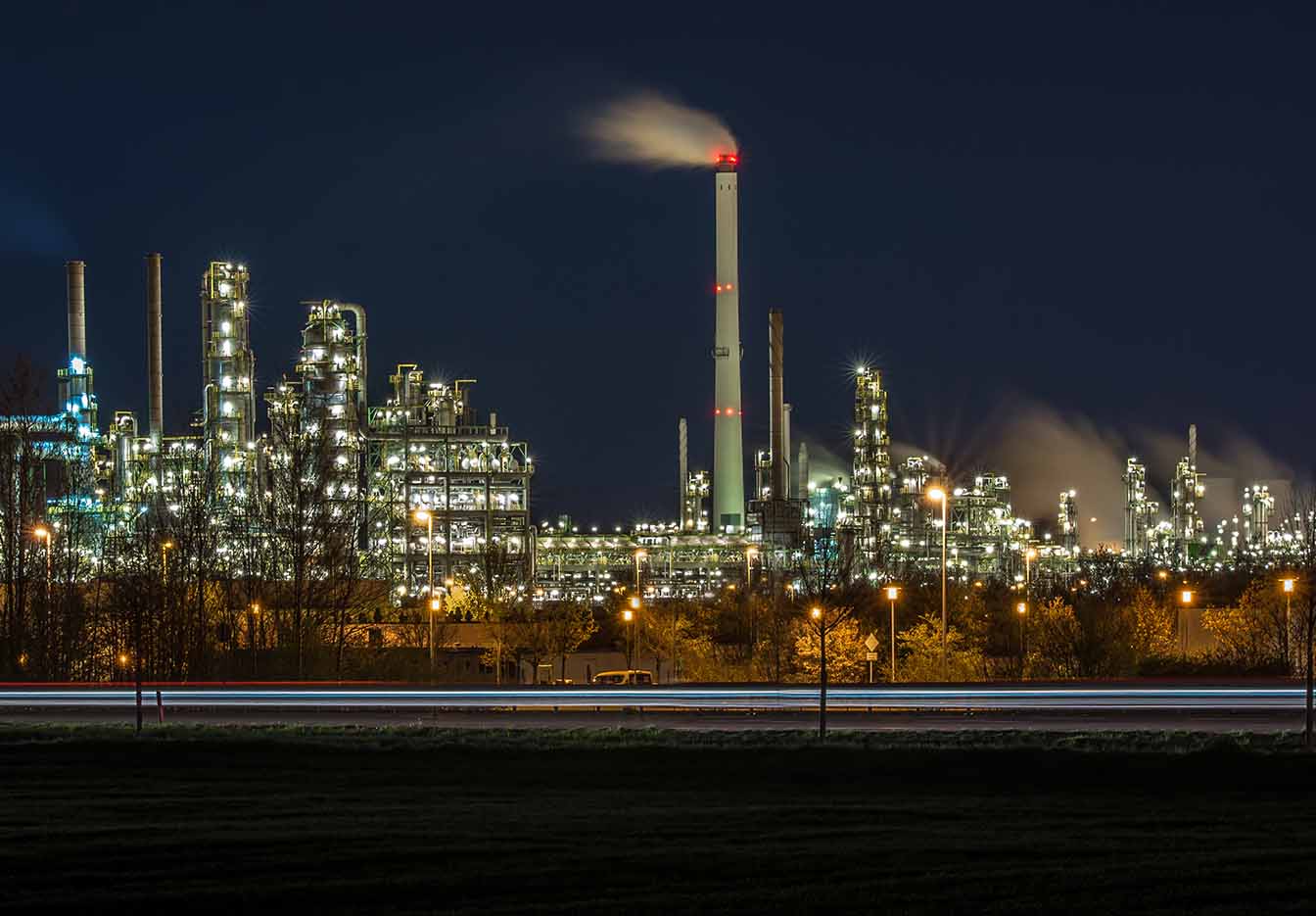Industrial operations require significant energy, with large amounts of this energy disappearing as as waste heat after use. EnergyNest’s thermal energy storage ensures that this widely untapped energy reserve can be converted effectively.
Once stored, the time-shifted waste heat can be used in a variety of ways – e.g. to provide process steam, to generate own power or to stabilise entire power grids. It comes with many advantages, but the main one being a significant increase in resource efficiency. Consequently, industrial operations become environmentally friendlier. Industrial retrofits not only lead to a better energy balance, moreover such projects have short project paybacks making it economically very attractive.
One element of this new technical solution is the HEATCRETE® – a high performance concrete, which is composed of 75% quartz aggregates and 25% additives. A steel carrier structure encloses HEATCRETE®-embedded carbon steel pipes, through which a heat transfer fluid is charging and discharging the storage system at a pressure of up to 160 bar. A single module, fitting into a standard 40-foot container, provides an energy capacity of up to two megawatt hours thermal. Due to its modular structure, this system can be scaled up into the gigawatt hour range.
It is by far cheaper compared to other energy storage technologies – at around 20-25 US dollars per kilowatt hours: a fraction of battery costs. Due to its rigid structure and no moving pats, the storage system works virtually maintenance-free, so that operating costs are a fifth of what other storage systems require. The potential for own power generation via time shifted waste heat is tremendous. Companies can for example avoid peak price tariffs with their own waste-heat-to-power installation.
Combined Heat and Power (CHP)

Why use EnergyNest’s TES:
- Increase efficiency by operating in a combined heat and power mode, supplying low-grade heat (<100°C) as usable heat to industries or district heating systems
- Reduce energy costs
- Increase heat supply reliability through fuel diversification
- Reduce carbon footprint of industries by using renewable electricity instead of fossil fuels



